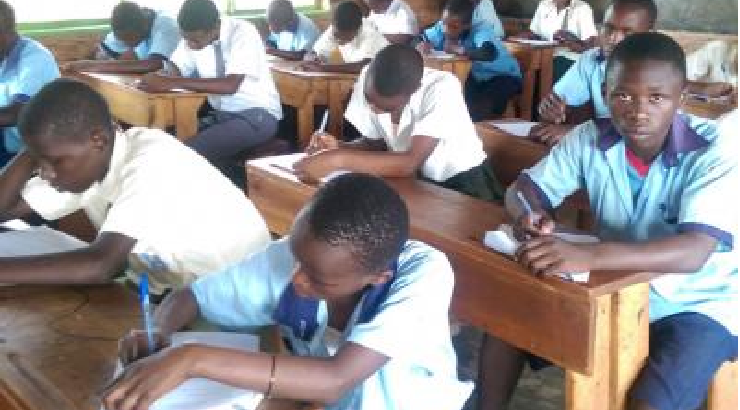Rwanda/26 de Septiembre de 2016/Allafrica
Resumen: Una nueva aplicación para el seguimiento de la asistencia y el rendimiento de los estudiantes en las escuelas se fija para ser lanzado pronto en las escuelas rurales en Ruanda. La sencilla aplicación de escritorio dirigida al profesor, orientada al rendimiento de los estudiantes y la asistencia en las escuelas. La misma se está poniendo a prueba entre más de 750 estudiantes en Lycée Notre Dame de Citeaux.
A new app to track attendance and performance of learners in schools is set to be rolled out in rural schools in Rwanda soon. The simple rural oriented desktop application for the teacher, student performance and attendance in schools is being piloted among over 750 students at Lycée Notre Dame de Citeaux.
Absenteeism and school dropout remains one of the biggest challenges, especially in rural schools. This makes the project a timely smart solution to curb absenteeism and school dropouts.
Statistics from the Ministry of Education indicate that the overall, school dropout rate decreased by more than half from 10.5% the previous year countrywide, but the problem is still big.
If the new app dubbed «Smart Parent» is rolled out, it will go a long way in addressing this challenge, which is a huge bottle neck to achieving quality education through smart solutions.
The «Smart Parent» app is a tracking and monitoring software that provides daily short text messages (SMS) alerts to parents on the status of their children at school. The tool will help parents and schools to provide the best study environment for children, with a wide ICT penetration capacity. It will also ease evaluation of learners on aspects like attendance, performance, behaviour, health, and hygiene.
The architects of the initiative want to start rolling out the project from January 2017 targeting 20 schools per month. This is a project that should be supported but before rolling it out, a sensitization campaign should be conducted among the stake holders to understand and appreciate the objectives of the project.
Fuente: http://allafrica.com/stories/201609120778.html






 Users Today : 100
Users Today : 100 Total Users : 35459566
Total Users : 35459566 Views Today : 157
Views Today : 157 Total views : 3417915
Total views : 3417915